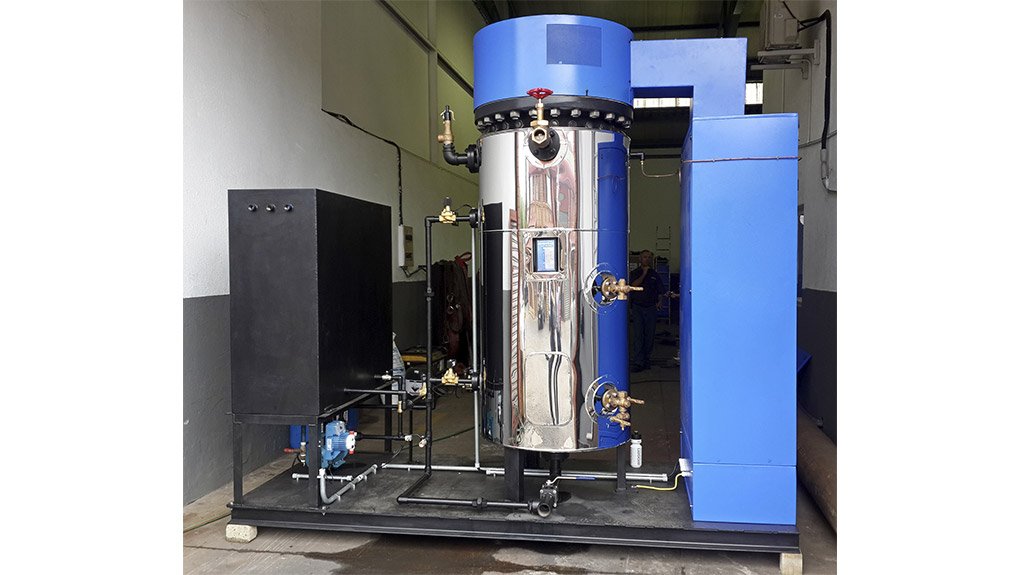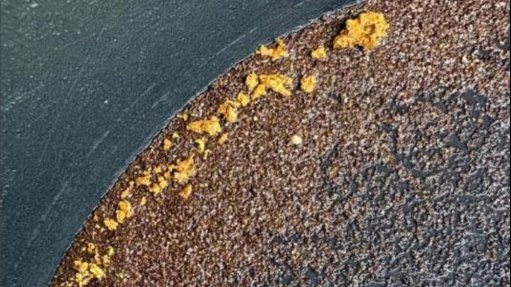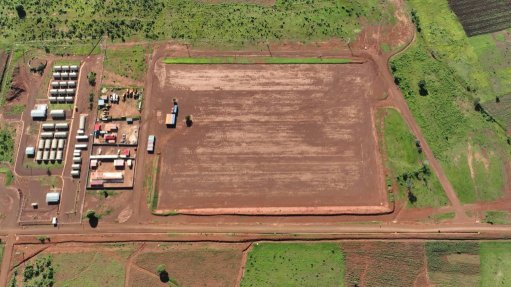Allmech’s Benoni-built electrode boilers exceed import quality
Benoni-based boiler manufacturer Allmech has produced its electrode boiler range since the late 1990s and, over the years, has developed different models to suite clients’ needs.
“The Allmech Electrode Boiler range is our most successful locally manufactured product. It is a clean alternative heat source for industries requiring steam with efficient heat transfers and adaptability with regard to size,” says Allmech GM Lionel Maasdorp.
Although less expensive boilers can be imported, the company often receives feedback from South African National Accreditation System inspectors that these boilers do not comply with South African regulations.
“This means that the imported boilers are often condemned or the client needs to spend more than the purchase price to certify these boilers,” Maasdorp explains.
Allmech’s boilers are manufactured in accordance with British Standard EN 12953 for the construction and workmanship of steam boilers, are compliant with SANS 347 – the standard specification for categorisation and conformity assessment criteria for all pressure equipment – and have approved inspection authority endorsement.
The Allmech Electrode Boilers operate on the principle that electricity passed through any resistant material causes an increase in that resistant material’s temperature. In this case, the resistant material is water.
Thereby, no external heating mechanism is required and the boiler is rendered safe under all operating conditions, as, if there is no water, there is no resistant material and no increase in temperature.
The Allmech Electrode Boilers are easy to operate and allow for quick start-up time, compared with fire tube boilers, and pose fewer environmental concerns than fossil-fuel fired boilers, says Maasdorp.
“Our boilers are supplied as packaged units and include a control panel, a feed tank, a pump and softener mounted on a sturdy skid ready for installation.”
Allmech’s boilers are manufactured mainly from locally sourced material and local skills and expertise are used to produce the majority of components. The boiler shells are welded by coded welders and assembly takes place at the company’s premises in Gauteng.
Since the introduction of its electrode boilers, the company has changed the control philosophy of its electrode boilers and incorporated programmable logic controllers on its larger models, allowing for accurate control and reduced water wastage.
“We are always trying to find new ways to improve and reduce costs where possible through innovation in line with our audited quality management system,” adds Maasdorp.
In addition, the company, which offers after-sales support through its service team, also trains its clients in the correct and safe operation of its boilers to ensure a prolonged service life.
Water-treatment services and chemicals critical to the longevity and efficient operation of all boiler makes are also supplied by Allmech, while locally manufactured spare parts are often available off the shelf.
This year, to date, Allmech has manufactured eight boilers, a calorifier and two high-pressure vessels.
The majority of the boilers were supplied locally to various end-users, including a university, a wine farm and multinational food companies, while other boilers were supplied internationally to a water bottling plant in Saudi Arabia and a food testing facility in Botswana.
The demand for electrode boilers is sporadic and the woes of State-owned power utility Eskom, as well as the unstable political environment have had a profound effect on the purchasing decisions of potential customers, states Maasdorp.
Although he says there is no definite trend, demand for Allmech’s electrode boilers seems to be growing in African countries north of South Africa, where companies are trying to become more self-sufficient in their manufacturing processes.
Article Enquiry
Email Article
Save Article
Feedback
To advertise email advertising@creamermedia.co.za or click here
Announcements
What's On
Subscribe to improve your user experience...
Option 1 (equivalent of R125 a month):
Receive a weekly copy of Creamer Media's Engineering News & Mining Weekly magazine
(print copy for those in South Africa and e-magazine for those outside of South Africa)
Receive daily email newsletters
Access to full search results
Access archive of magazine back copies
Access to Projects in Progress
Access to ONE Research Report of your choice in PDF format
Option 2 (equivalent of R375 a month):
All benefits from Option 1
PLUS
Access to Creamer Media's Research Channel Africa for ALL Research Reports, in PDF format, on various industrial and mining sectors
including Electricity; Water; Energy Transition; Hydrogen; Roads, Rail and Ports; Coal; Gold; Platinum; Battery Metals; etc.
Already a subscriber?
Forgotten your password?
Receive weekly copy of Creamer Media's Engineering News & Mining Weekly magazine (print copy for those in South Africa and e-magazine for those outside of South Africa)
➕
Recieve daily email newsletters
➕
Access to full search results
➕
Access archive of magazine back copies
➕
Access to Projects in Progress
➕
Access to ONE Research Report of your choice in PDF format
RESEARCH CHANNEL AFRICA
R4500 (equivalent of R375 a month)
SUBSCRIBEAll benefits from Option 1
➕
Access to Creamer Media's Research Channel Africa for ALL Research Reports on various industrial and mining sectors, in PDF format, including on:
Electricity
➕
Water
➕
Energy Transition
➕
Hydrogen
➕
Roads, Rail and Ports
➕
Coal
➕
Gold
➕
Platinum
➕
Battery Metals
➕
etc.
Receive all benefits from Option 1 or Option 2 delivered to numerous people at your company
➕
Multiple User names and Passwords for simultaneous log-ins
➕
Intranet integration access to all in your organisation





















